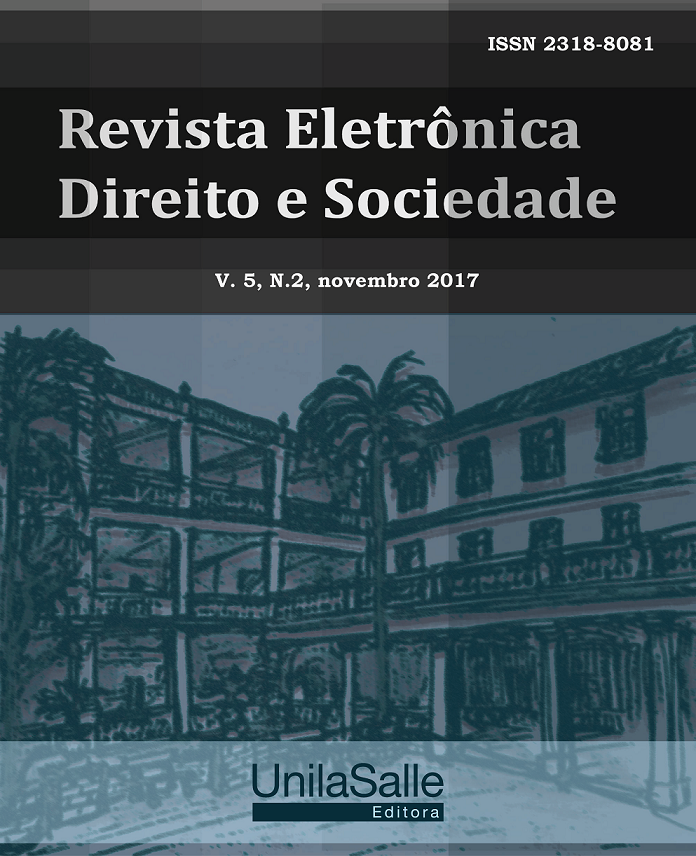Transdisciplinary foundations for legal recognition of revenge pornography as gender violence
DOI:
https://doi.org/10.18316/redes.v5i2.3573Keywords:
Cyberspace, Pornography, Revenge, Genre, Violence.Abstract
The process of globalization has repercussions on several types of segments of social systems, substantially impacting economic, political and interpersonal relations. As for this last sphere, people are approached through cyberspace, making use of a new form of human communication mediated by technological innovations, whose main agent of systems functioning is information. Although such a relational environment may have advantages, which in the first instance can define facilitators for human interaction, such as broadening communicative processes and reducing distances between people, it also raises concerns that transcend the power of control of National States as The potential occurrence of virtual crimes and the practice of violence in the network. Considering this discussion, pornography of revenge, unauthorized disclosure of intimate content, usually from the end of a relationship, does not happen discursively separated from the face-to-face world, on the contrary, it reaffirms the gender issues and the inherent discriminations. Thus, the present study presents a transdisciplinary approach to better signify, strip and base this relationship as an indispensable understanding for its legal recognition.
Downloads
Published
Issue
Section
License
Authors who submit their manuscripts for publication in the “REDES” Magazine agree to the following terms:
The authors claim to be aware that they retain copyright by giving “REDES” the right to publish.
The authors declare to be aware that the work submitted will be licensed under the Creative Commons Non-Commercial Attribution License which allows article sharing with acknowledgment of authorship and publication in this journal.
The authors declare to be aware that by virtue of the articles published in this journal have free public access.
The authors declare, under the penalty of the law, that the text is unpublished and original and that they are aware that plagiarism has been identified, plagiarized authors will be informed - willingly, to take legal action in the civil and criminal sphere - and, plagiarists will have their access to the magazine blocked.
The authors state that - in case of co-authoring - all contributed significantly to the research.
Authors are obliged to provide retractions and (or) corrections of errors in case of detection.
The authors are obliged not to publish the text submitted to “REDES” in another electronic journal (or not).
The Electronic Journal Law and Society - REDES - is licensed under a Creative Commons License. Attribution-NonCommercial 4.0 International.Based on work available at "http://revistas.unilasalle.edu.br/index.php/redes/about/submissions#copyrightNotice".
Permissions in addition to those granted under this license may be available at http://creativecommons.org/.

